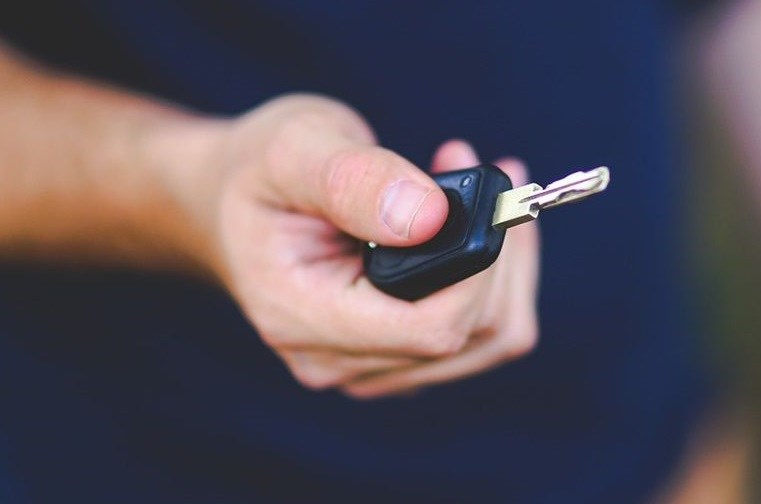
Top stories






LegalKenyan court postpones case seeking to halt Diageo's $2.3bn sale of EABL
Duncan Miriri and Emma Rumney 1 day
More news












This is according to Colin Morgan, director at car retailer getWorth, who has studied this subject and has some wealth-building advice for car owners.
He starts with a few tips on sustainable car ownership:
But how much does a car cost you over a lifetime? Morgan uses an example of three different car owners, each with different car-owning behaviour.
All three of these owners buy their first car at 22 years of age and own a car all the way through to the age of 72. The cars are of similar class – something that would cost around R250,000 brand new today.
However, Morgan says that each car owner has a very different approach to how they buy, sell and own cars:
“Using some simple assumptions and parameters that include car depreciation, transaction costs, average inflation, interest, maintenance costs and more, we calculated the total cost of owning these cars,” explains Morgan. “We excluded insurance, fuel and consumable parts like tyres, which would be broadly similar for all three.”
His model shows that the difference in total cost over a lifetime is dramatic. Over 50 years of driving, he says that the three will spend the following on car ownership:
Morgan elaborates, “These results are in today’s money. The effect is far greater if the cost savings are invested. The money saved would really compound over 50 years. An after-inflation return of 5% each year can roughly quadruple the difference in today’s money.”
Morgan also points out, “It is natural that people will differ in what they are willing to spend on their cars. However, I don’t think many are aware of the extent to which it affects your wealth. You would do well if you gave a similar level of thought to the long-term financial impacts of your car ownership patterns as you would to your house or retirement fund.”